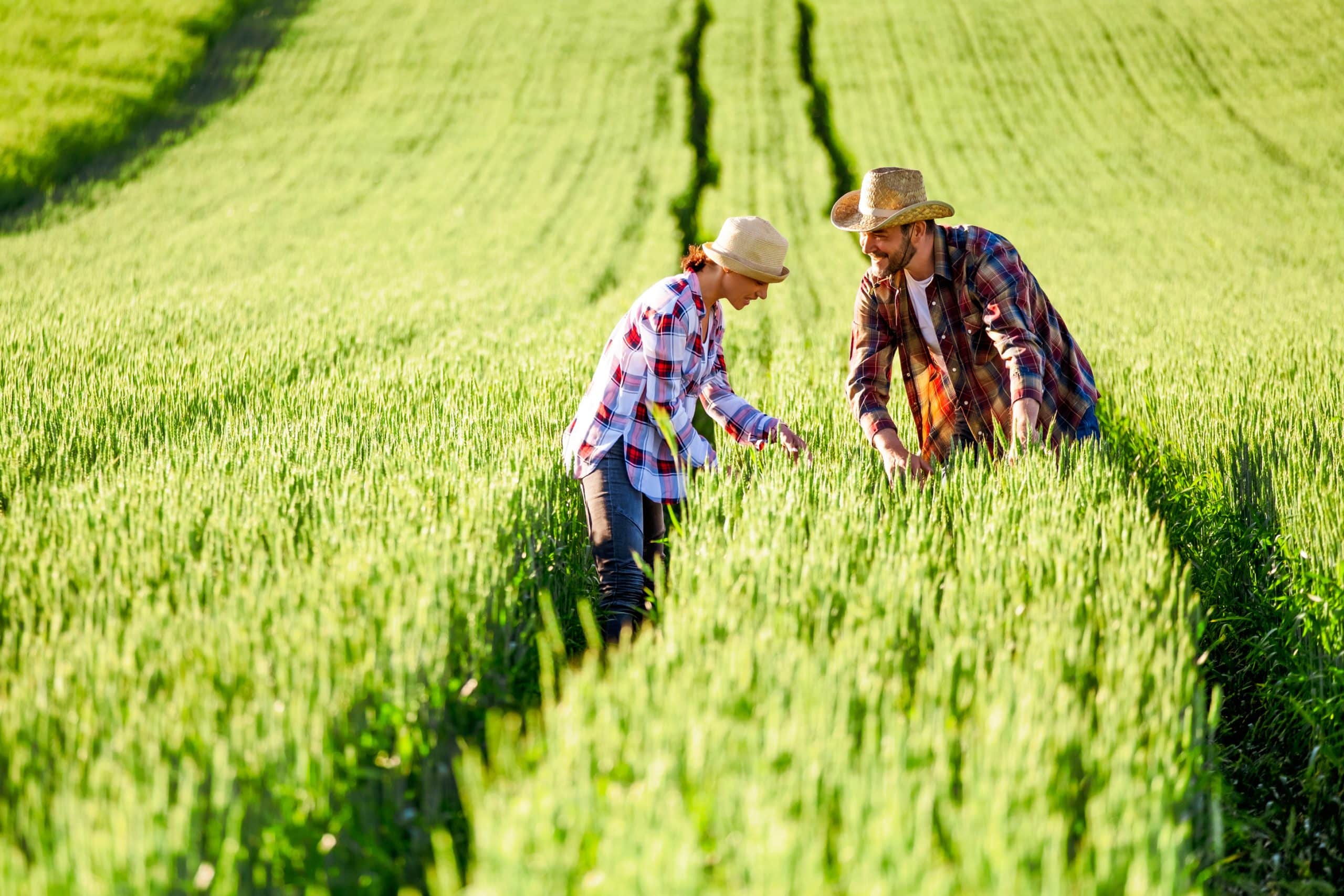How Can Citizen-Led Urban Agriculture Projects Strengthen UK Community Bonds?

Urban agriculture, the practice of cultivating crops in urban areas, has been gaining traction worldwide. In recent years, the United Kingdom (UK) has seen a surge of interest in this practice from its citizens, leading to a proliferation of urban agriculture projects across the nation. By fostering a communal sense of responsibility and creating opportunities for communication, these projects are strengthening community bonds, facilitating social exchange, and fostering a renewed sense of belonging among UK citizens.
The Social Impacts of Urban Agriculture
Urban agriculture has the potential to reinvent urban spaces while simultaneously enhancing community bonds. The social impacts of such projects can be profound. They provide a common ground for people of all ages, backgrounds, and skill levels to come together, fostering a sense of community and shared responsibility.
Cela peut vous intéresser : How to Design a Wildlife-Friendly Urban Garden in the UK?
Urban agriculture projects offer a unique platform for social interaction. As participants work together towards a common goal of producing food, they share experiences, knowledge, and skills. This interaction leads to the creation of strong relationships, contributing to a sense of belonging and community cohesion.
Moreover, these projects encourage civic engagement. Participants engage in discussions about how to manage the project, what crops to plant, and how to distribute the produce. Through this process, citizens become active contributors to their communities, taking ownership of the projects and the outcomes, and strengthening their ties to the community.
A voir aussi : What Are the Latest Advancements in Air Quality Monitoring for Asthma Sufferers in the UK?
Economic Benefits and Community Development
Urban agriculture also offers economic benefits that can further strengthen community bonds. Creating urban farms and gardens can lead to job creation and provide an income source for residents. It can also generate savings for families, as growing your own food can be a cost-effective alternative to purchasing from grocery stores.
By cultivating vacant lots or rooftops, communities can transform neglected urban spaces into productive gardens or farms. This transformation can increase property values in the surrounding area, contributing to overall community development.
In addition, the sale of locally grown produce can stimulate local economies. Farmers markets and green grocers selling locally grown produce foster a sense of pride and community engagement, encouraging residents to support local businesses.
Urban Agriculture and Environmental Stewardship
Urban agriculture projects also promote environmental stewardship, which can significantly enhance community bonds. These projects encourage participants to take responsibility for their local environment, fostering a sense of collective stewardship and shared responsibility.
By cultivating crops in urban areas, communities can improve local biodiversity, reduce food mileage, and contribute to climate change mitigation. These environmental benefits can foster a sense of pride among residents, strengthening their attachment to their community.
Furthermore, urban agriculture helps increase green spaces in cities, offering a place of relaxation and recreation for residents. These green spaces can facilitate social exchange and interaction, further contributing to community cohesion.
Enhancing Community Health and Wellbeing
Another way that urban agriculture strengthens community bonds is through enhancing community health and wellbeing. Participating in urban farming activities can provide physical exercise, which is known to have positive impacts on mental health.
Growing your own food can also lead to healthier eating habits. Residents often have access to fresh, organically grown produce, which can significantly enhance dietary quality. The process of growing, harvesting, and preparing food can also be a therapeutic activity, contributing to mental wellbeing.
Moreover, urban agriculture projects can serve as an educational platform for residents. Through these projects, participants can learn about nutrition, food production, and sustainable living practices. This shared learning experience can contribute to a sense of community and shared understanding.
Promoting Inclusivity and Social Integration
Finally, urban agriculture can foster inclusivity and social integration in communities. These projects welcome people of all ages, backgrounds, and abilities, promoting a sense of inclusivity.
In a diverse society like the UK, urban agriculture can serve as a platform for cultural exchange. Different cultures can share their unique agricultural practices and crop preferences, fostering mutual understanding and respect. This cultural exchange can contribute to social integration, enhancing community bonds.
In conclusion, urban agriculture offers a myriad of benefits that can strengthen community bonds in the UK. As such, it represents a promising avenue for community development and social cohesion.
Encouraging Community Participation in Urban Agriculture Projects
While urban agriculture is gaining popularity in the UK, it is also important to encourage more citizens to participate in these projects. After all, the success of urban agriculture in strengthening bonds within communities depends largely on community participation.
The local government and non-profit organisations can play a vital role in promoting urban agriculture. They can organise workshops and events to educate residents about the benefits of urban agriculture, both for their own wellbeing and for the community as a whole. These events can be an excellent opportunity for residents to learn about urban farming techniques, which can be useful for those interested in starting their own gardens or farms.
Community participation can also be encouraged through the establishment of community gardens where residents can work together to grow food. These gardens can serve as a common space for residents to interact and engage in meaningful conversations, promoting a sense of community involvement.
Furthermore, schools can incorporate urban agriculture into their curriculum. This can instill a love for nature and gardening in children from a young age, and educate them about the importance of sustainable living. In the long run, this can lead to a generation of citizens who are more aware of and involved in their local communities.
Conclusion
Urban agriculture offers a powerful tool for strengthening community bonds in the UK. Through shared experiences and common goals, urban agriculture projects can foster stronger relationships within communities, promote social integration, and encourage civic participation. The economic benefits, environmental stewardship, and health benefits of urban agriculture further enhance its impact on community development.
Moreover, urban agriculture projects can transform underutilised urban spaces into vibrant, green areas. These projects can bring residents closer to nature, improve local biodiversity, and contribute to climate change mitigation. They can also serve as educational platforms, helping residents learn about sustainable living practices.
While there is already a rising interest in urban agriculture, further promoting these projects and encouraging community participation is crucial. Through collective efforts, urban agriculture can continue to play a vital role in enhancing community bonds, promoting social cohesion, and fostering a sense of belonging among UK citizens.
In the face of today’s challenges, fostering strong community bonds is more important than ever. Urban agriculture offers a promising way to achieve this, while also contributing to sustainable urban development. By embracing urban agriculture, we can build stronger, more resilient communities for the future.
